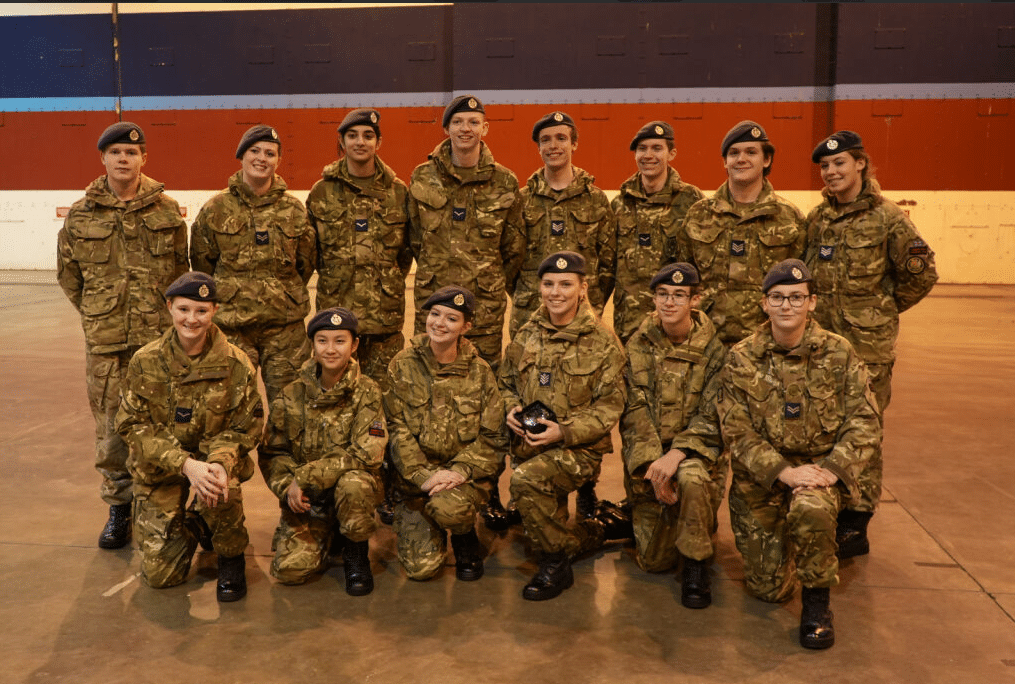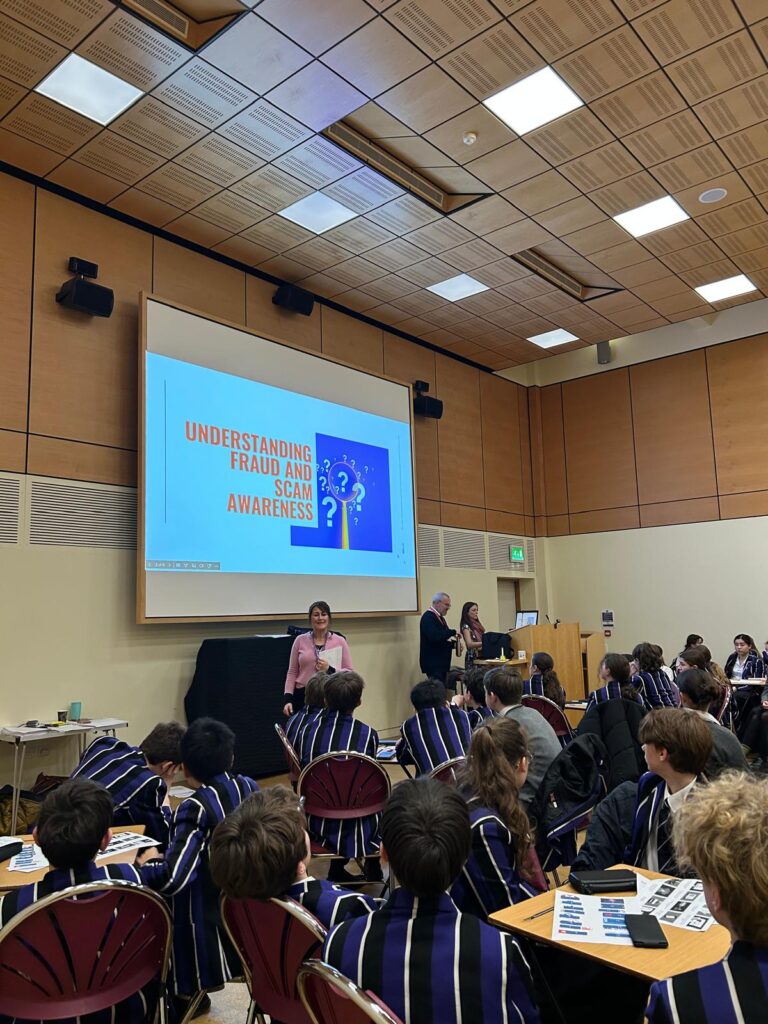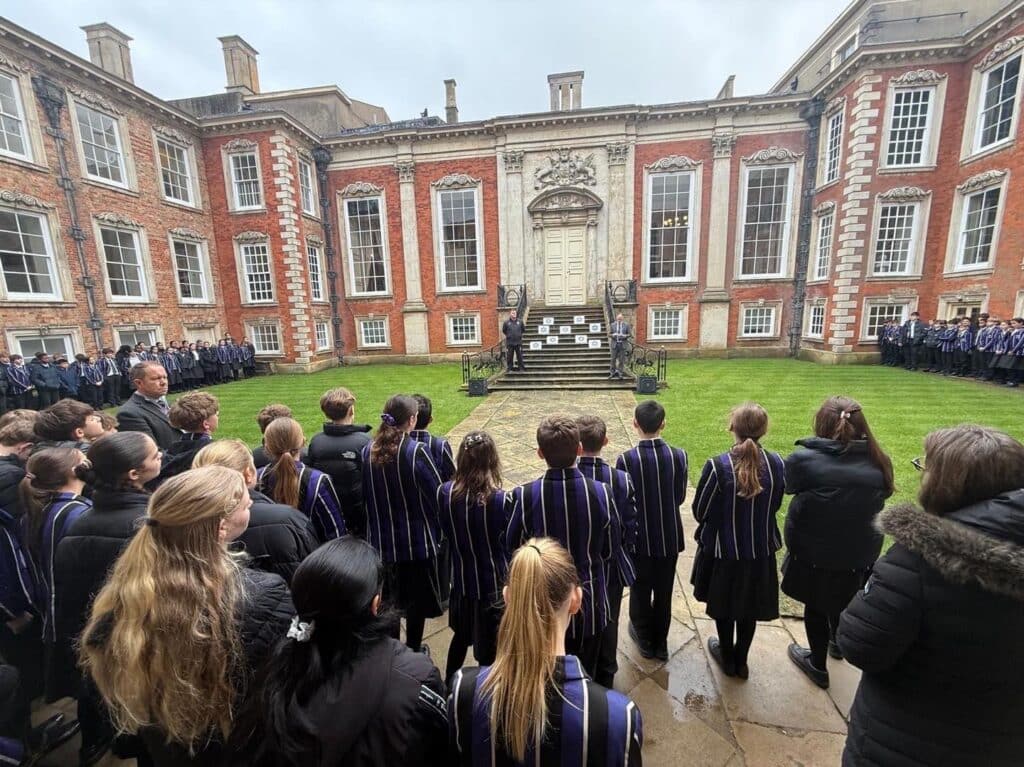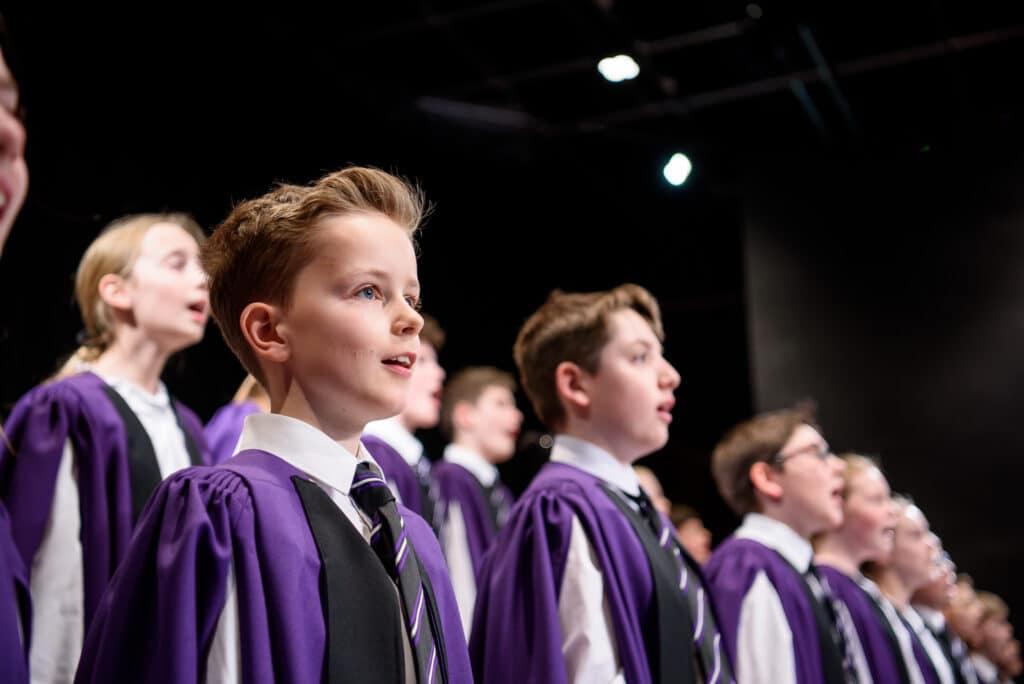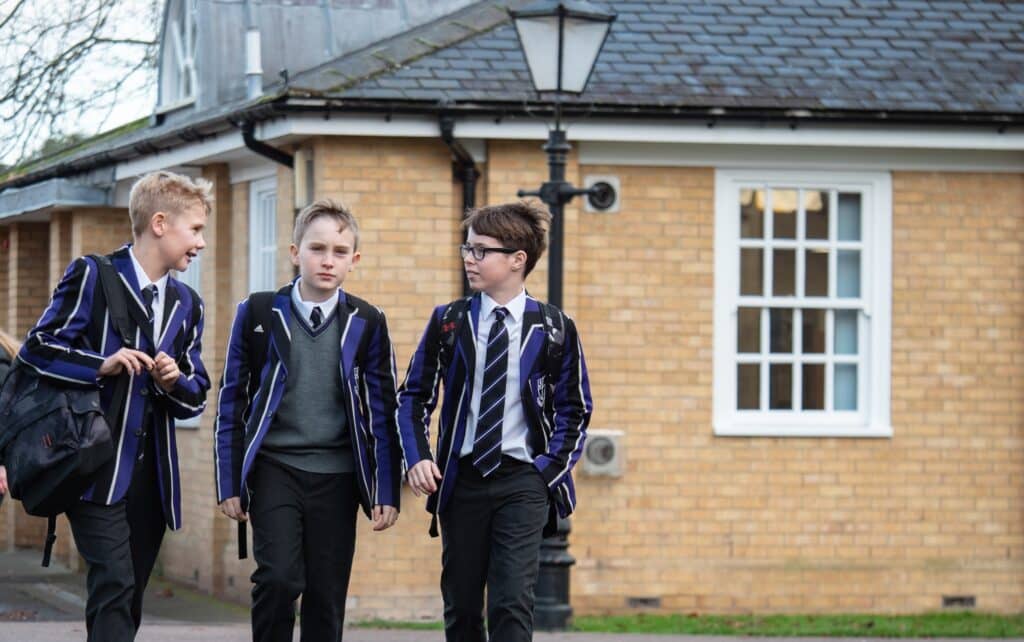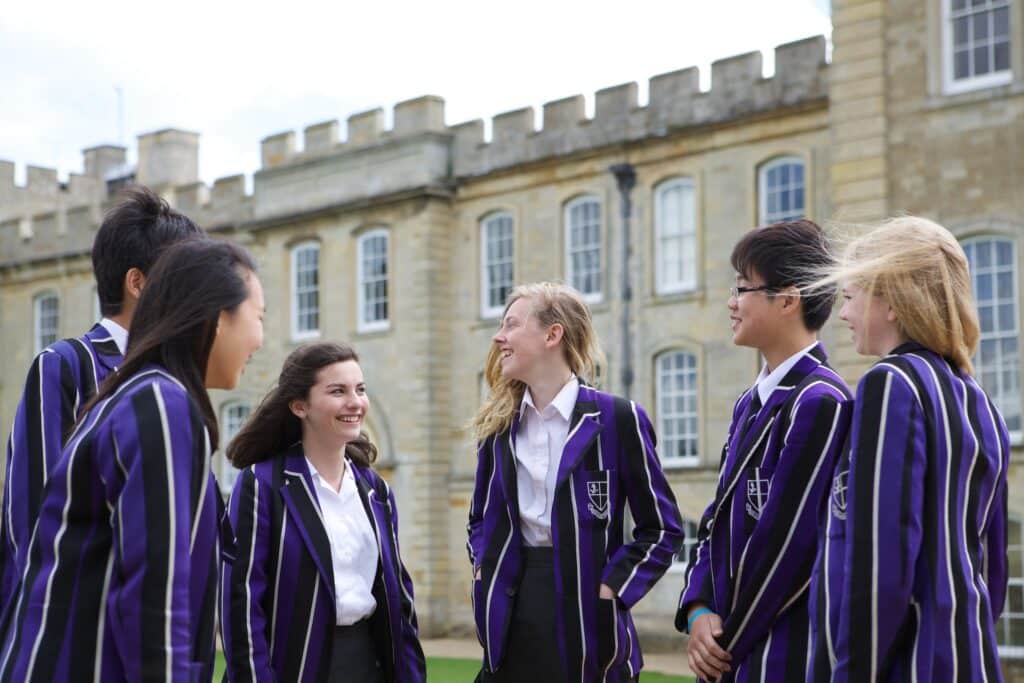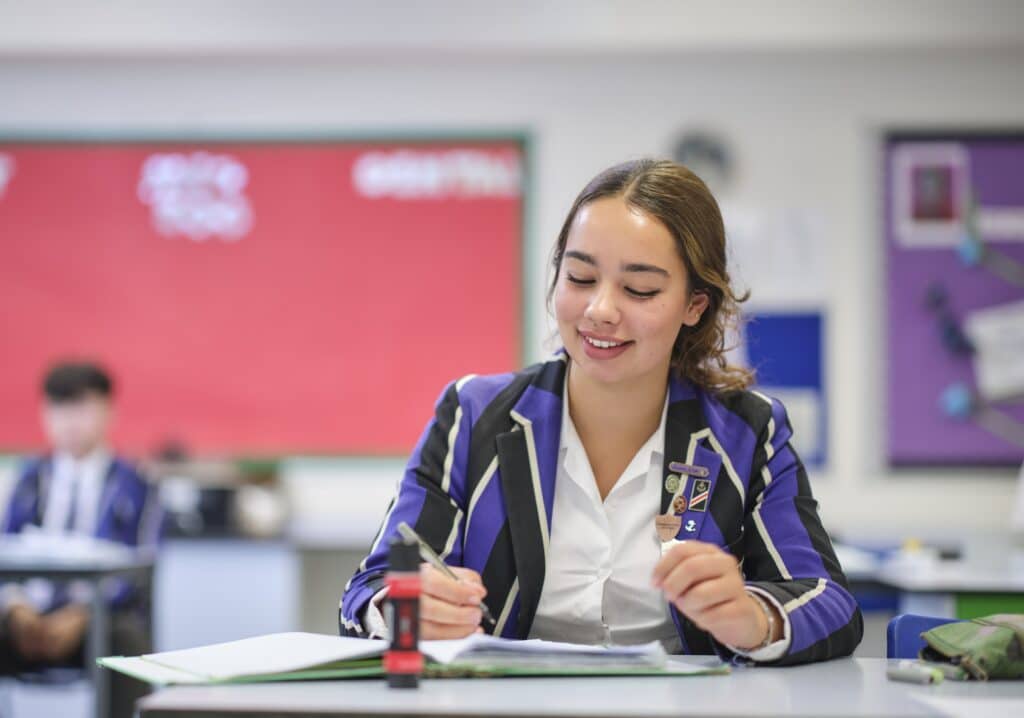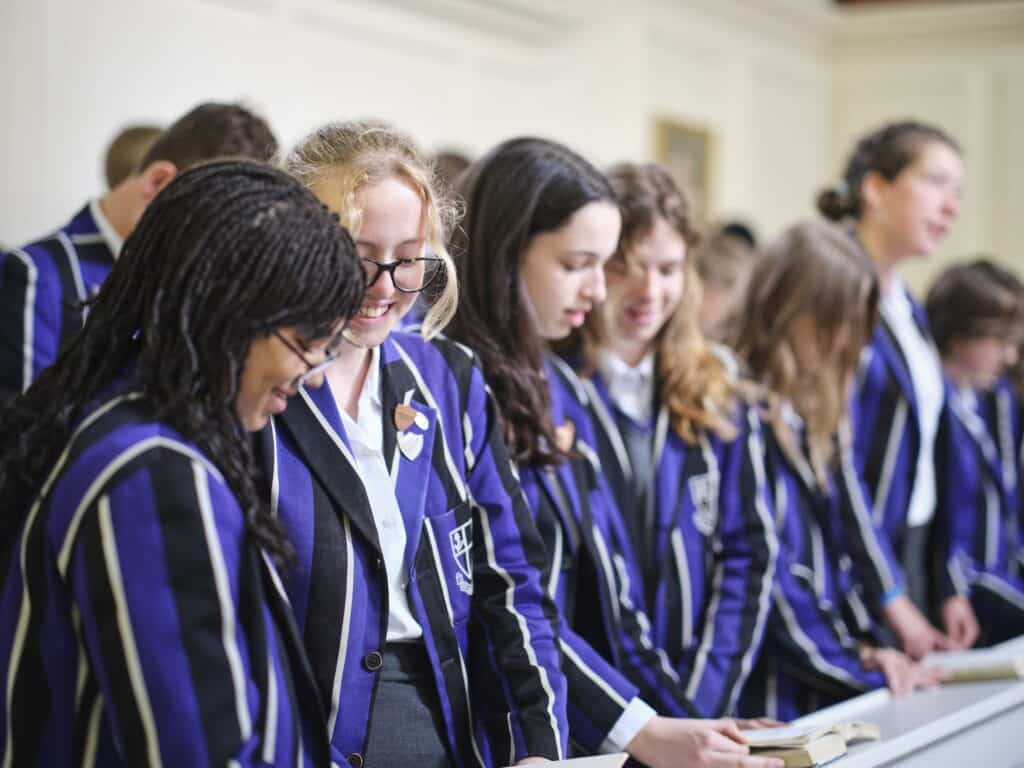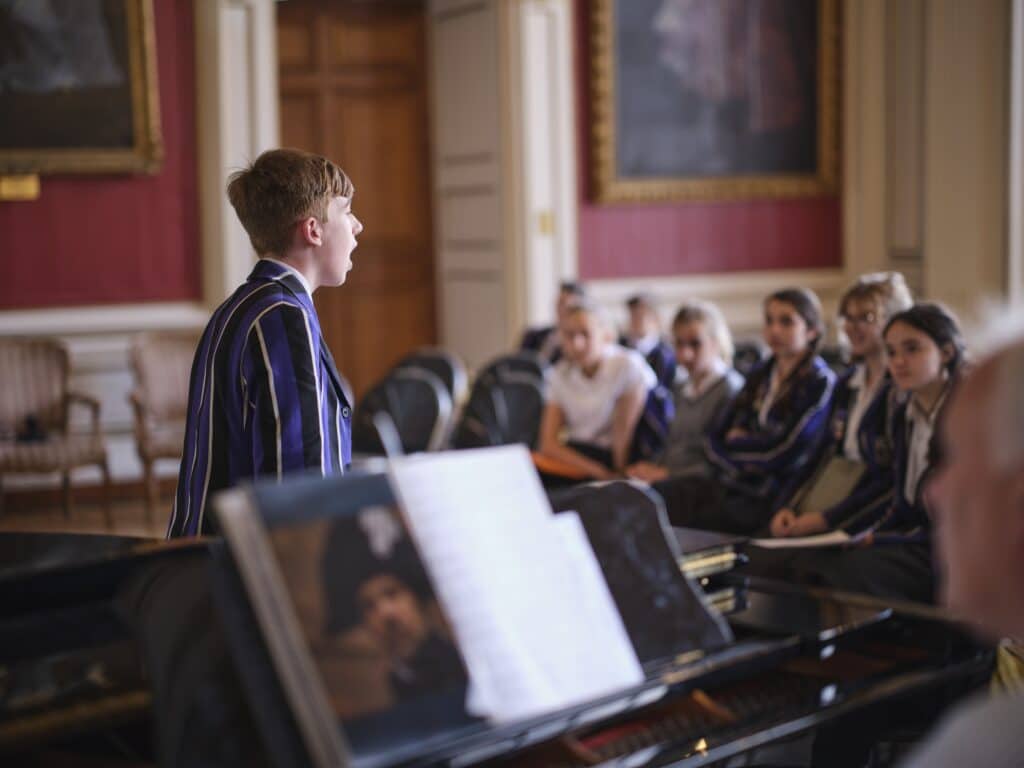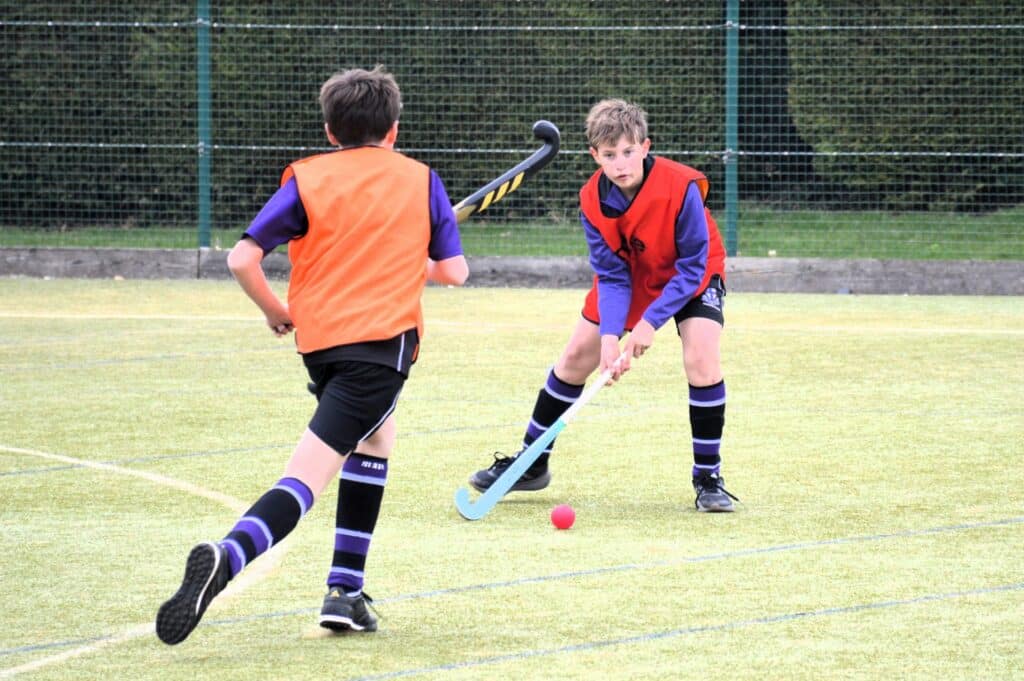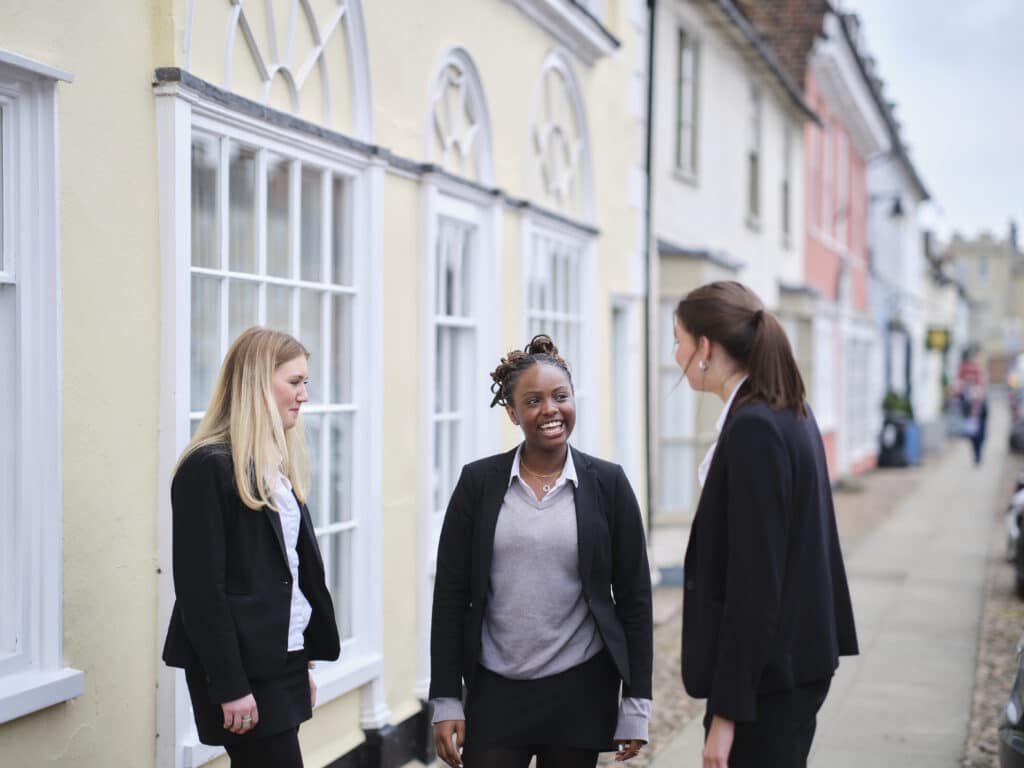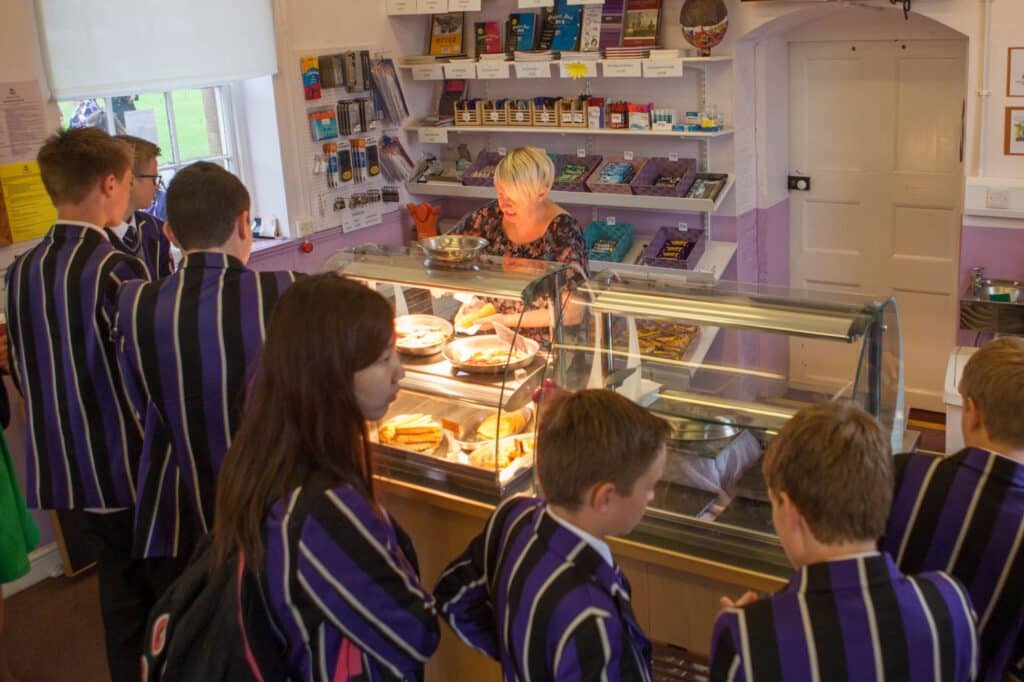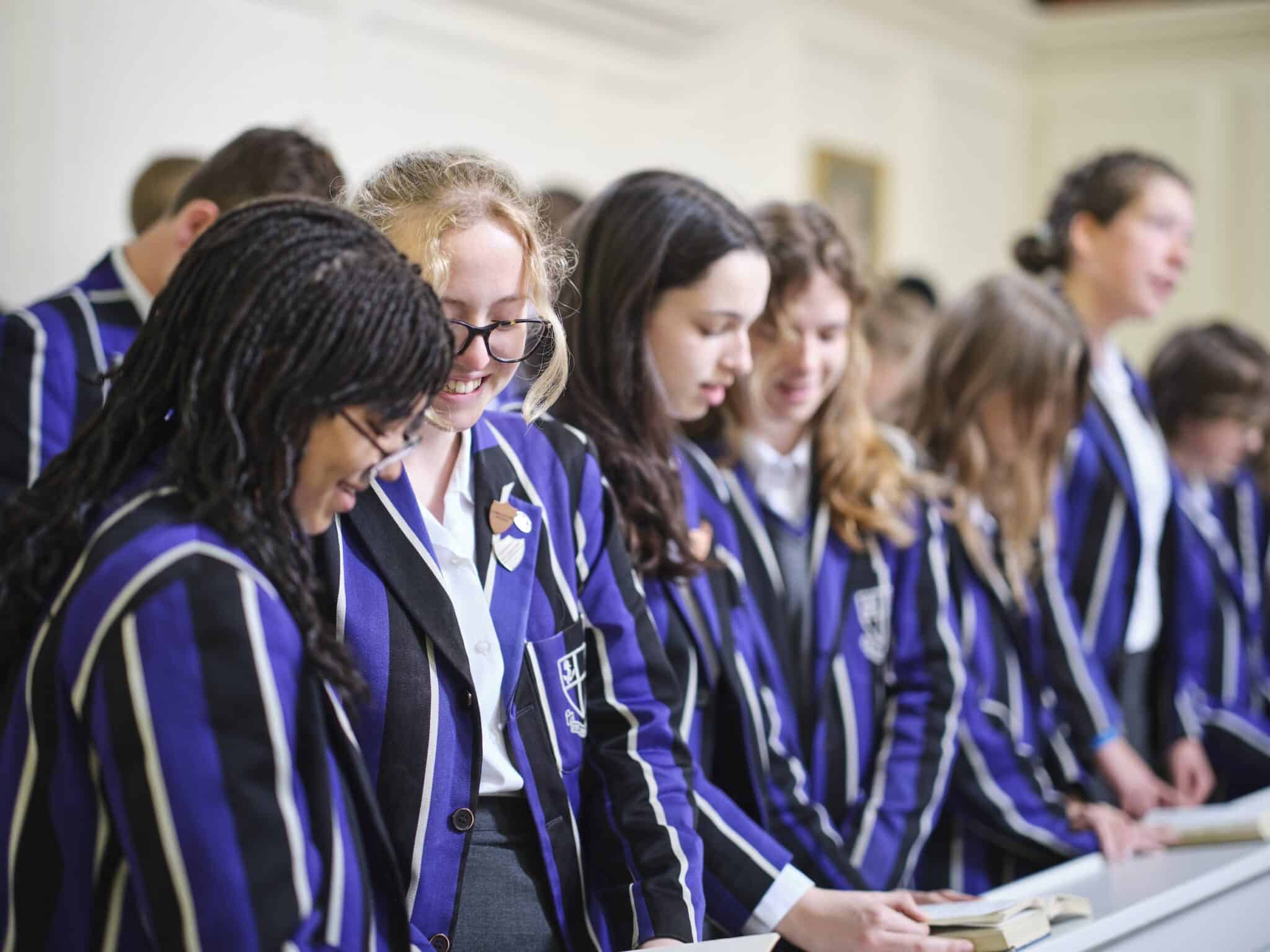
Communication
Good and open communication between home and school is vital to the development, success and happiness of every pupil. We welcome parents contacting us and will do our best to help you with any enquiries or concerns.
Day-to-day enquiries and concerns
Your first point of contact is your child’s tutor who will be able to answer most questions.
In the majority of cases, we would prefer that your child raises queries or problems with their tutor or prefect first (rather than relying on your intervention) as this rapidly increases their self-confidence and independence.
When your support is necessary, the quickest and easiest way to contact tutors is via email or by leaving a message with Reception or the School Secretary. If you are not satisfied with the outcome, please email their housemaster or housemistress.
School calendar
Up-coming school events can be found on our online calendar.
Parent Portal
Our parent portal, Engage, allows you to notify us of changes to your details, receive messages from staff, view your child’s assessment cards and reports, submit forms and more.
We will be adding more to Engage as the school year progresses.
You will receive messages from engage@kimboltonschool.com so need to ensure these are ‘allowed’ by your email provider.
Social media
Find us on:
Facebook: /KimboltonSchool
Instagram: @kimbolton_school
X: @KimboltonSchool
Classlist
This secure online platform and mobile app enables parent-to-parent communication and helps new families settle in quickly.
During our summer holiday, you will receive an email invitation to join Classlist; privacy settings mean you can control how much of your information (address, email, telephone) is shared with others.
Kimboltonian magazine
The Kimboltonian is our biannual digest of pupils’ work, reports from trips and other updates. It is distributed to all families via the oldest sibling; a small charge will be added to your bill to cover this.
Kimbolton School Parents’ Association
All parents and guardians of Kimbolton School pupils plus the staff are members of the Kimbolton School Parents’ Association (KSPA). By staging a variety of interesting and enjoyable social events, it raises funds for local charities and for ‘extra’ items for the school. As such, it plays an important role in forging links between parents and the school, and in enhancing our family atmosphere.
Social events are held at both the Prep and Senior Schools and are always open to all parents and staff. Regular public events include the Fireworks Display in November and the Christmas Fair in early December. Events are publicised on Classlist.
Mobile phones and other smart devices policy
- When on the school site and during lesson times, mobile phones should be switched off and stored out of sight.
- Between lessons, mobile phone use is not permitted.
- Sixth Form students may use their mobile phones in the Sixth Form Centre or the Castle Courtyard as a privilege and in lessons with the permission of the relevant teacher.
- It is advisable to password-protect mobile phones when not in use.
The School follows the relevant examination boards’ recommendations regarding smart watches, with this information being shared with pupils and parents prior to any examinations. Pupils who use a mobile and other smart devices, on school premises without permission, or in the main body of the school grounds, will be required to hand over their phone/ device to a member of staff and a warning given.
Pupils who behave in this way a second time will receive a House/ Departmental (lunchtime) detention, dependent upon whether the incident took place outside of or in lessons, and also have their phone and/or smart device confiscated for the rest of the school day. Repeated misconduct of this kind will also involve communication home to notify parents. School Detentions (on Friday after school) and stronger sanctions, as detailed within the Behaviour and Discipline Policy (Senior School), may also be given dependent upon the repetition of the misconduct and its nature (assessed on a case-by-case basis).
Mobile phones and other smart devices may also be confiscated if a member of staff has any suspicion that these devices contain unsuitable material, pupils have taken photographs on the site or used devices for any form of bullying. In such instances, the pupil may be banned from bringing a mobile or any other smart device into school.
Pupils remain responsible for their own property and will bear the responsibility of any losses should they choose to bring a mobile phone or smart device into school. When on the school site and during lesson times, mobile phones should be switched off and stored out of sight. Between lessons, mobile phone use is not permitted. Sixth Form students may use their mobile phones in the Sixth Form Centre or the Castle Courtyard as a privilege and in lessons with the permission of the relevant teacher. Finally, it is advisable to password-protect mobile phones when not in use.
